5 Signs of Electrical Faults and their Remedies
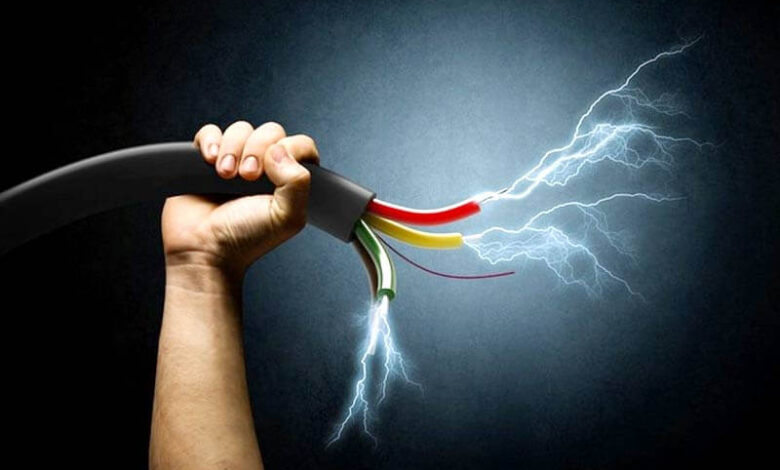
Regardless of whether your home is new or old, electrical faults are a common occurrence. These faults are not a child’s play as they can ravage property or cause irreversible injury, including death. These reasons and others are why there is a need to know when you have faulty wiring in your home. There are signs to look out for, and we will be covering them in this article.
The most common signs of faulty wiring include:
1. Dimming and flickering lights
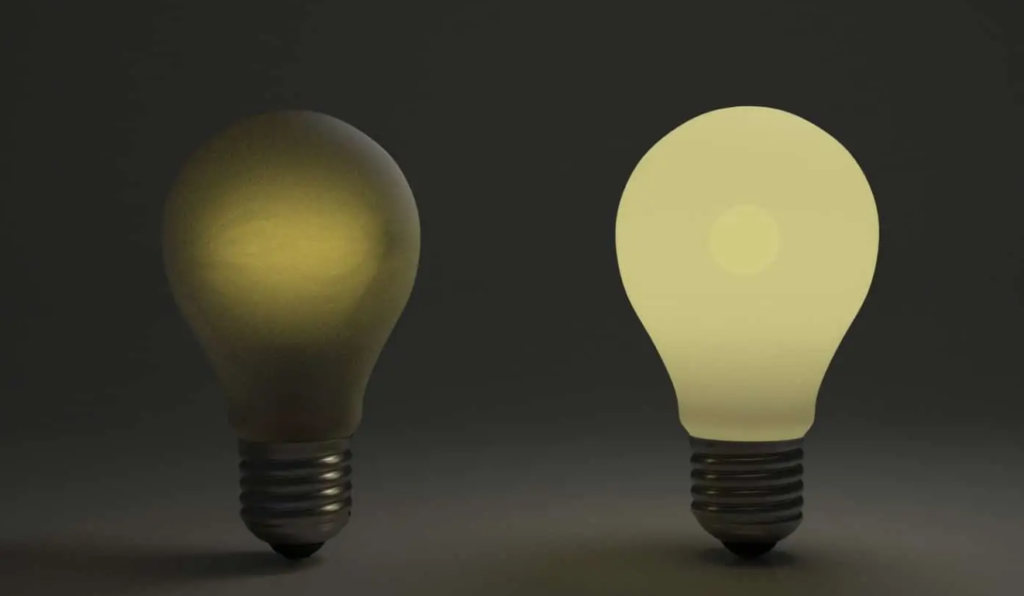
At times, lights can flicker or dim for no apparent reason. Usually, people change the bulb or switch it off for a while to check if the flickering has stopped. However, if the dimming persists and becomes regular, it’s a sign there is a problem with power output or its stability. High chances of faulty wiring. Read more.
2. High frequency of blown fuses and breakers
Most homeowners deal with a blown fuse or breaker once in a while, but an increase in the number indicates there is more to just a blow-up.
The most common reason is an overload in that particular electrical outlet. Remember, an overloaded circuit is prone to overheating and bursting into flames. Have a professional from same day trades check the electrical wiring in your home.
3. Dark or charred outlets
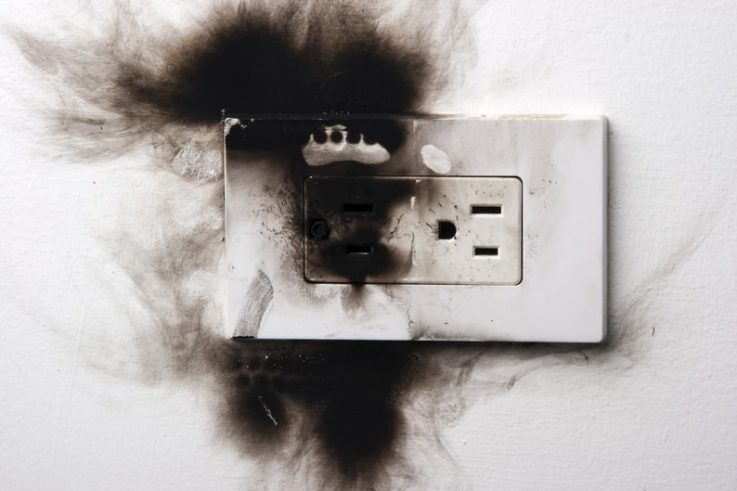
There is a correlation between this problem with the previous one. There are times when faulty wiring will not allow the breaker or fuse to blow up, and your connected appliances will work normally. Unfortunately, they are prone to more damage. You can prevent the outcome by inspecting the extension cords regularly. If they are charred, then it’s high time you get your wiring and installations checked by an expert.
4. Outlets and Switches Emitting Shocks
It’s common knowledge that switches and outlets emit shocks for several reasons. Most common is your appliance may be faulty, or its connection doesn’t have an earth wiring—another reason the outlet wiring may be damaged. To ascertain which device is causing shocks, unplug them in sequence.
If your wiring emits shocks, take it with uttermost importance because a higher amount of shock can cause serious injury. Have a professional check your wiring installation.
5. Burning smell

As electrical appliances overload the electrical capability in your home, the wires and outlets start heating up. Several parts of the connection can become hot, such as the switch, the plug, especially the pins, an outlet including a wire going up the wall.
As the overload goes on for a long time, the plastics in the cords, switches, and outlets will start melting due to high temperatures—consequently, the emission of a burning smell. Call a qualified electrician after switching off your appliances.
As you may have noticed, we use electricity in almost every activity in our homes. The above faults can be easily prevented if we consider the following safety tips. These guidelines can guard your home against electric accidents and consequently keep your family and property safe.
These safety tips include:
1. Avoid overloading switches
Do not connect more than one appliance or device in an electrical outlet through the use of extensions cords and adaptors, even when they seem to be of lower wattage. Instead, for any heat-emitting appliance, connect each one at a time.
These include hairdryers, coffee makers, and sandwich maker. On the other hand, major electric appliances such as ovens, laundry machines, refrigerators, and dishwashers should have dedicated sockets plugged into the wall directly. The significant equipment should never be connected through extensions cords or adaptors.
2. Disconnect appliances not in use
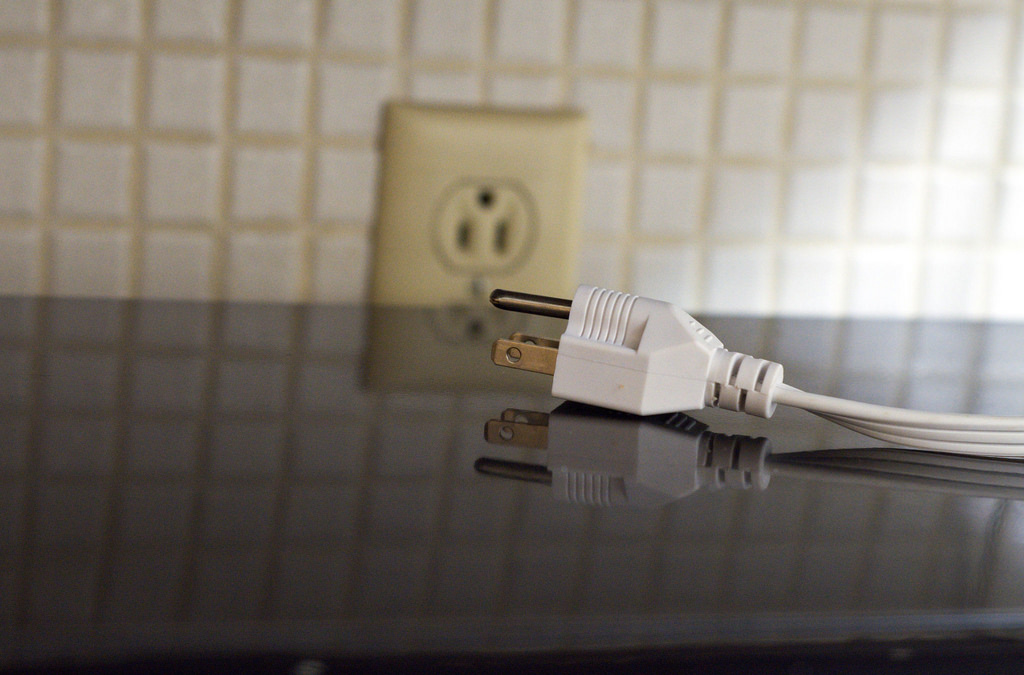
Constant use of this tip will not only minimize your energy bill but will protect the electric equipment in your home from being damaged by surges and mishaps.
3. Use correct wattage for lighting
If you use the recommended wattage for your lights, it keeps them shining brightly and safely. To prevent a higher or lower bulb wattage installation, have a sticker indicating the proper bulb wattage. If you use incandescent bulbs, plan for a shade to prevent them from heating anything beside them. More so, reading and bedside lamps. Use LED bulbs that light up a room but are also excellent heat energy conservers.
4. Have designated places for running cords
How are the cords running in your home? Are they hidden under carpets, doors, or out in the open? Cables running across rooms serve as an invitation to tripping hazards resulting in electrical accidents such as carpet fires. If you do not have electrical outlets conveniently placed in various rooms, you will use extensions regularly. Get a qualified electrician from same day trades who will add electrical outlets and have cords connected safely.
5. Replace damaged extensions
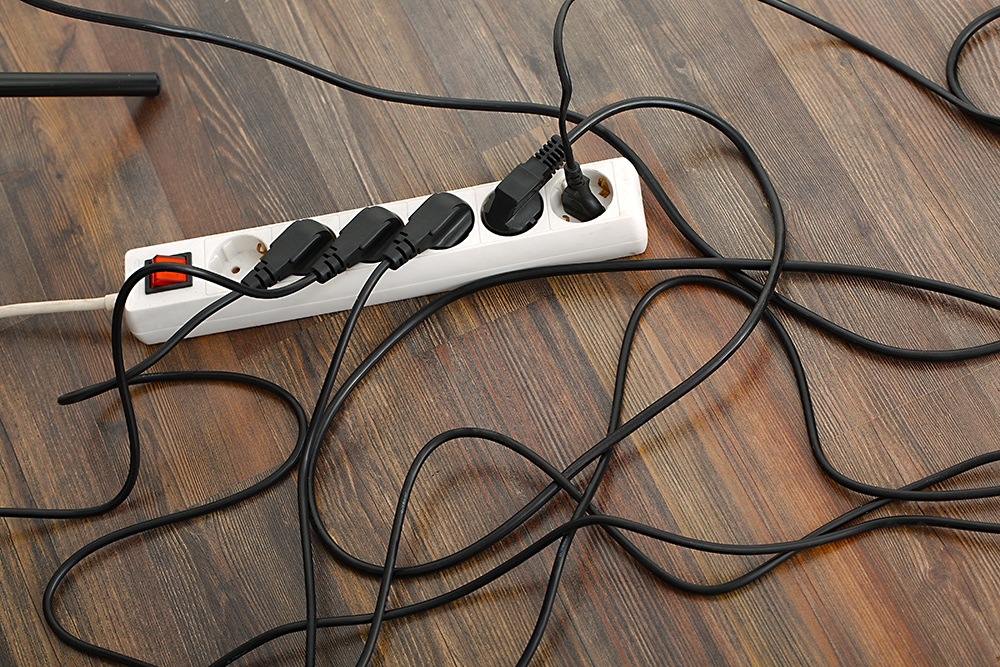
While choosing extension cords, make sure they can handle the environment and circumstances they will be used. This is to enable them to have a long lifespan. However, if they are damaged, do not try to have them fixed. Replace or upgrade the cords to prevent surges and sparks causing electrical damage. Get extensions that have inbuilt surge protectors.
6. Water, electrical appliances, and tools do not mix
You know water and electricity become hazardous when they come into contact with each other. Though it’s well known, some homeowners may not pay much attention, especially in the kitchen. Always make sure any electric appliances are not near the sink or any water. Further, any electric outlets near a water source are fitted with ground fault circuit interrupters (GFCI) which switch off power when a short circuit is noted.
Always call a professional from same day trades when you smell burning odors, charred signs on the plugs or sockets, frequent flickers, and switch breakers going off.
However, these warning signs can be prevented by replacing damaged cords, not overloading outlets, using correct wattage for lighting, disconnecting appliances not in use and keeping electric appliances away from water.
All the above tips will save you money by reducing your bills and enhance the durability of your electrical appliances and avoid accidents.
